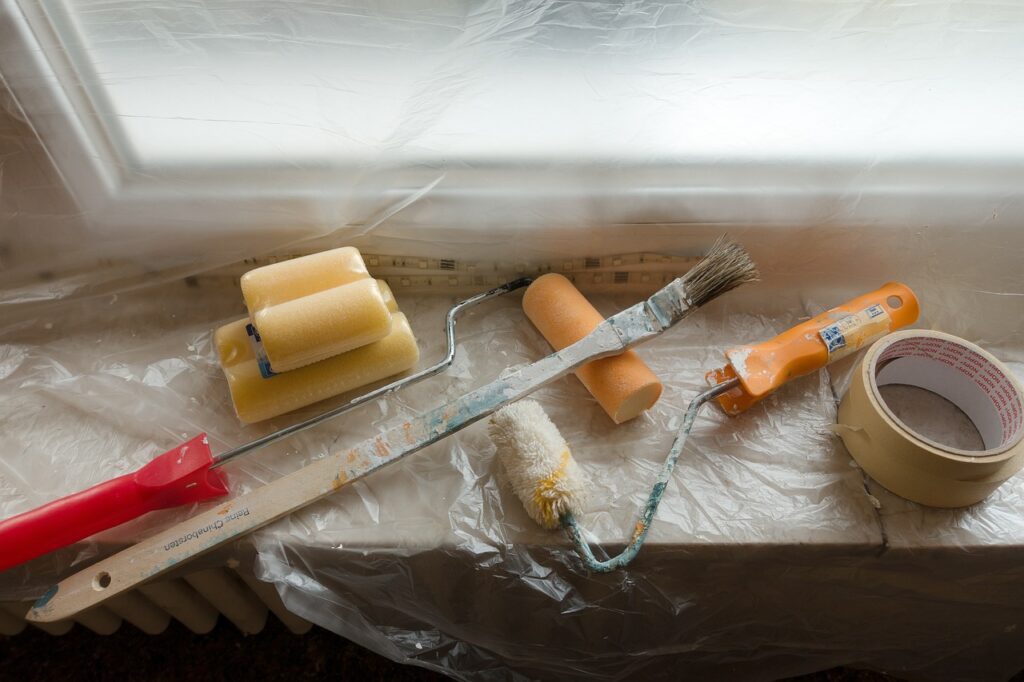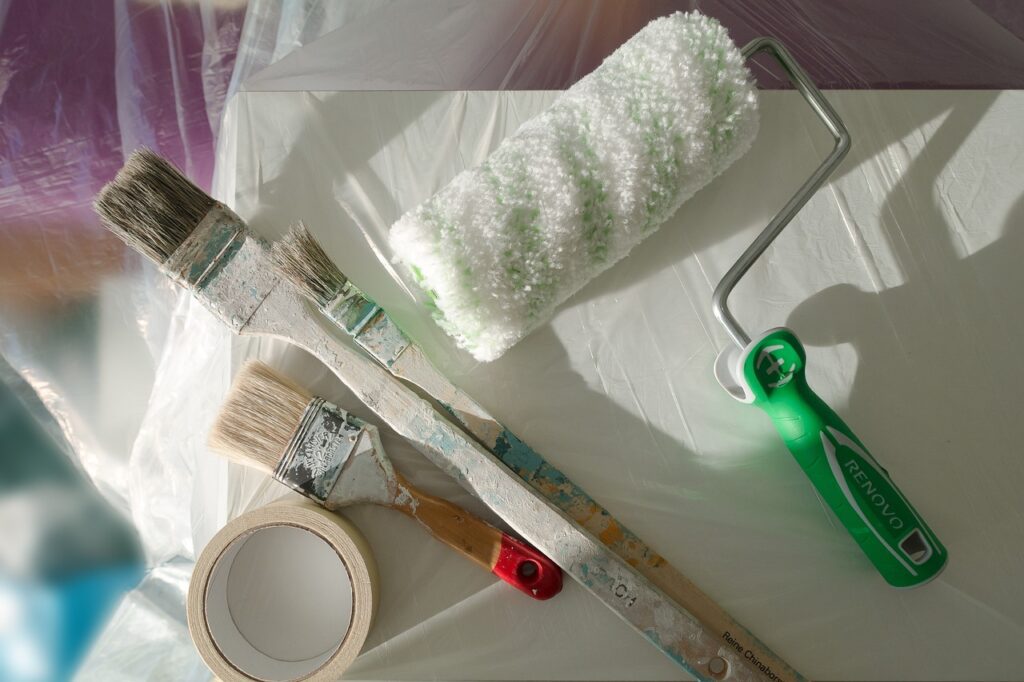Embarking on a home renovation journey can be an exciting but challenging endeavor. Whether upgrading your kitchen, remodeling your bathroom, or adding a new room, the process can be messy and chaotic. One aspect that homeowners often overlook amid the excitement is safeguarding their belongings during the renovation. This comprehensive guide explores practical strategies and tips to ensure the safety of your possessions while your home transforms.
Planning: The Foundation of Safety
A well-thought-out plan will help your renovation project run smoothly and protect your belongings from potential damage. Start by taking stock of all your belongings. Create a detailed inventory, categorizing items based on their fragility, size, and importance. This will help you prioritize and determine the level of protection each item requires. Consider renting a climate controlled storage unit for valuable or fragile items that could be affected by dust, debris, or accidental damage. Furniture, electronics, and sentimental items can be temporarily relocated to ensure their safety throughout the renovation.
Protective Measures for Furniture and Appliances: Shielding Your Investments
Your furniture and appliances are likely some of the most significant investments in your home. Use plastic covers or old sheets to shield furniture from dust, paint splatter, and scratches. Ensure the covers are secured tightly to prevent particles from seeping through. Move furniture away from renovation areas and towards the center of rooms. This provides a buffer zone and minimizes the risk of accidental damage. For large furniture items that can be disassembled, such as bed frames and bookshelves, take them apart before the renovation begins. This makes them easier to move and reduces the risk of damage. Appliances in the renovation zone should be covered securely. For items like refrigerators and ovens, consider unplugging and covering them to prevent dust and debris from affecting their functionality.
Securing Fragile Items and Decor: Safeguarding Sentimental Pieces
It’s not just about the monetary value of your possessions; sentimental items often hold irreplaceable value. Delicate items such as glassware, porcelain, or sentimental decorations should be carefully packed in bubble wrap or paper. Label boxes clearly to indicate their fragile contents. Take down artwork, photographs, and other items from walls and shelves. This protects them from accidental damage and allows for more efficient renovation work. Small items like jewelry, heirlooms, or collectibles should be packed securely in labeled boxes. Consider storing these boxes in a safe and easily accessible location.
Protecting Flooring and Walls: Minimizing the Mess
Renovations often involve a fair amount of dust, paint, and other debris. Protecting your floors and walls is crucial to maintaining the overall cleanliness of your home. Use heavy-duty drop cloths or plastic sheeting to cover floors in high-traffic areas. Secure the coverings with painter’s tape to prevent them from shifting during the renovation. Cover walls with plastic sheeting to protect them from paint splatter and other debris. Use temporary wall protection products that adhere to surfaces without causing damage, if possible. Establish specific work zones to contain the mess. This helps confine dust and debris to designated areas, making cleanup more manageable.
Communication with Contractors: Collaboration for Success
Clear communication with your renovation contractors is vital for ensuring they know your concerns and take the necessary precautions. Communicate your expectations regarding the protection of your belongings. Provide guidelines on how specific items should be handled and protected. Work with your contractors to identify designated storage areas for furniture and other items. This ensures that everyone is on the same page regarding the safety of your possessions. Discuss a daily cleanup routine with your contractors. A clean and organized workspace enhances safety and contributes to a more efficient renovation process.
Security Measures: Safeguarding Against Theft and Accidents
Amid a renovation, the security of your home may be compromised. Securing entry points is essential with workers coming in and out of your house. Install temporary locks or security systems to prevent unauthorized access. Keep a detailed inventory of valuable items. Take photographs and note serial numbers for electronics. This documentation can be crucial in the event of theft or damage. Before the renovation begins, review your homeowners’ insurance policy. Ensure that it covers potential damage or theft during the renovation period. If necessary, consider additional coverage.

A home renovation is a significant undertaking, and protecting your belongings should be a top priority. Planning, implementing protective measures, and maintaining open communication with your contractors can minimize the risk of damage to your possessions. Remember that a bit of foresight and effort can go a long way in ensuring the safety of your belongings during this transformative process.


